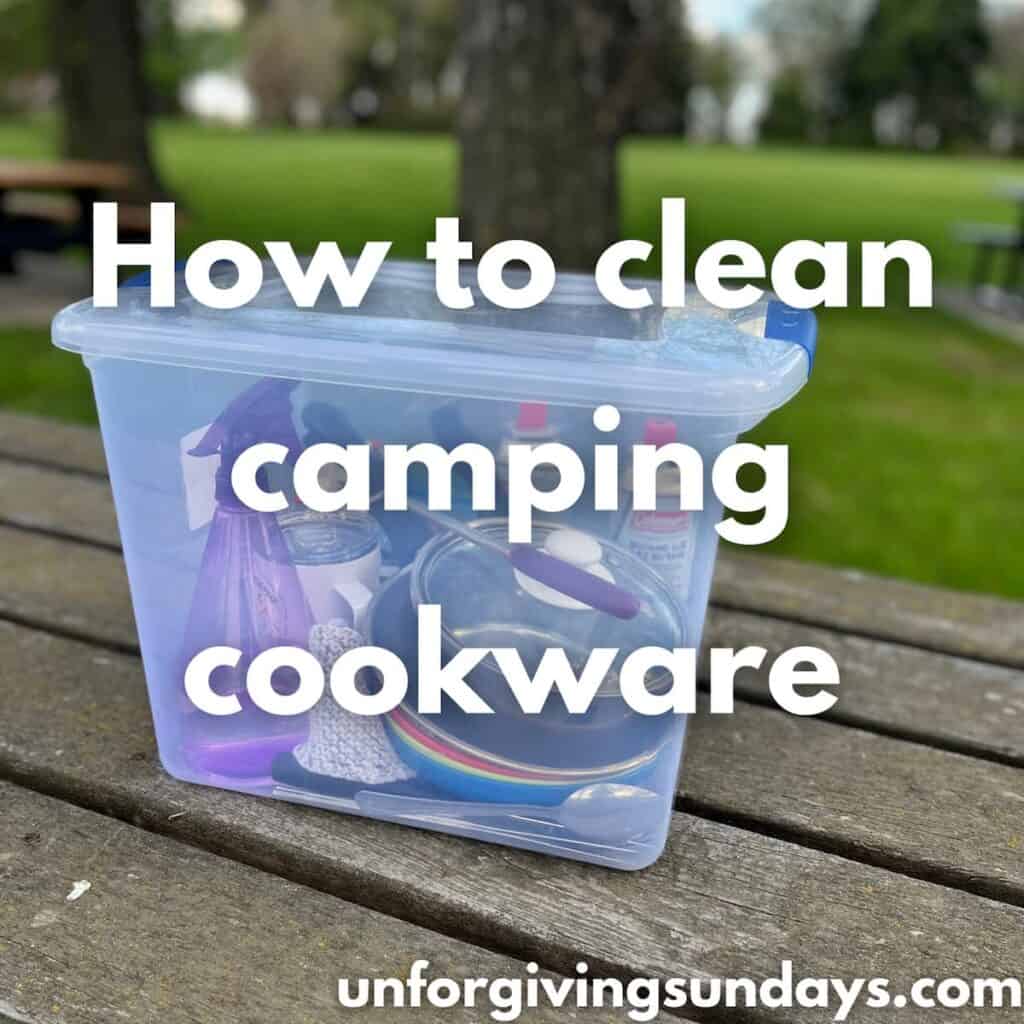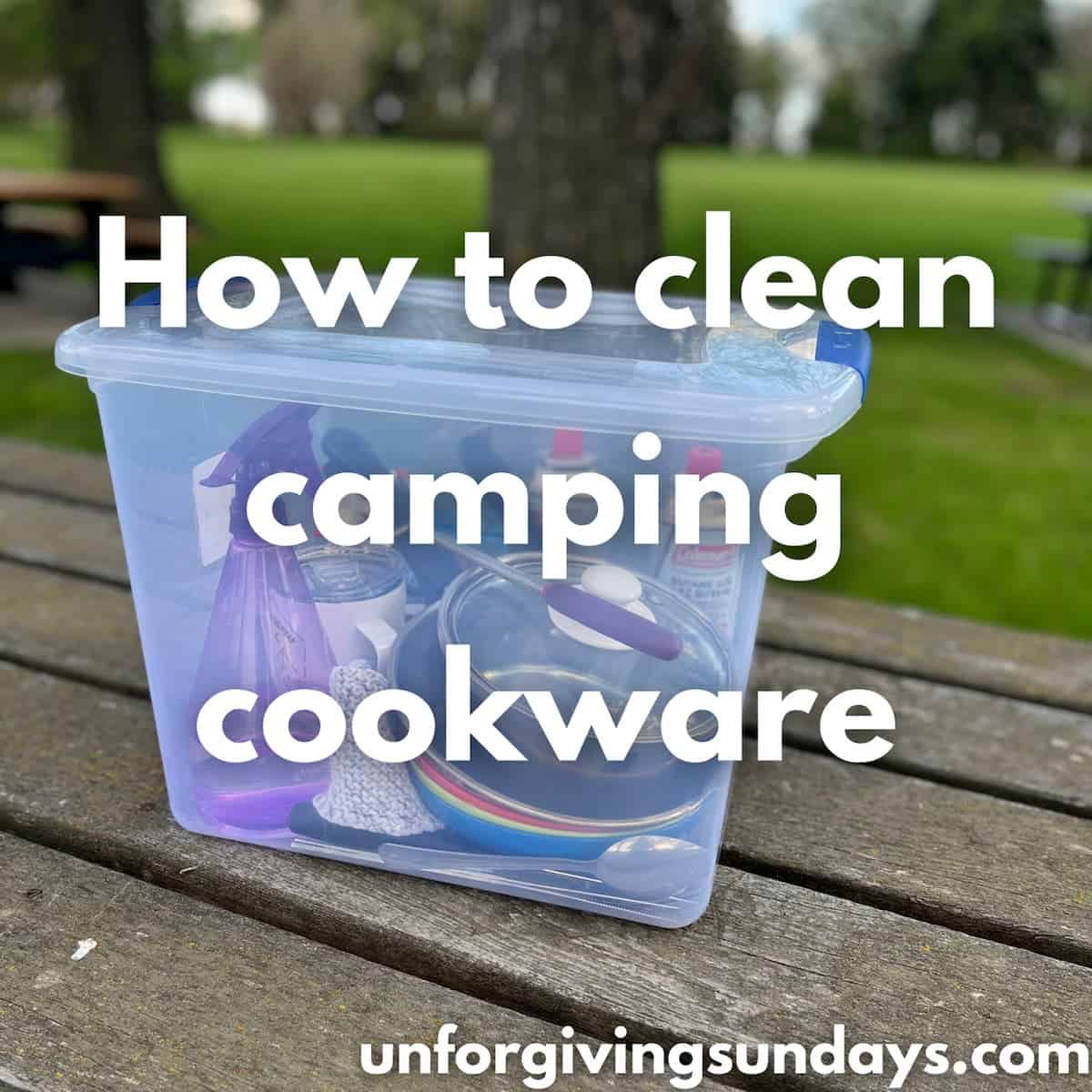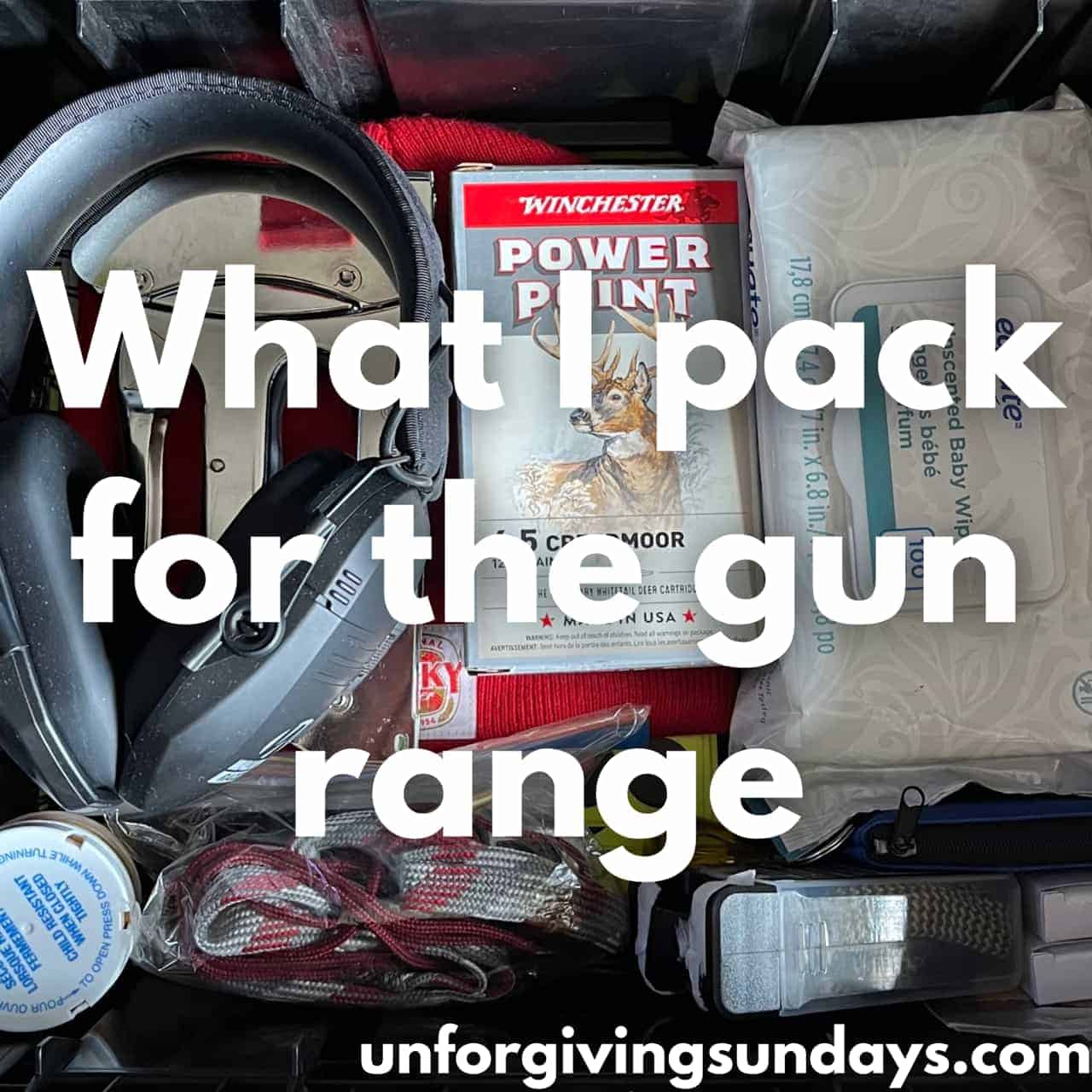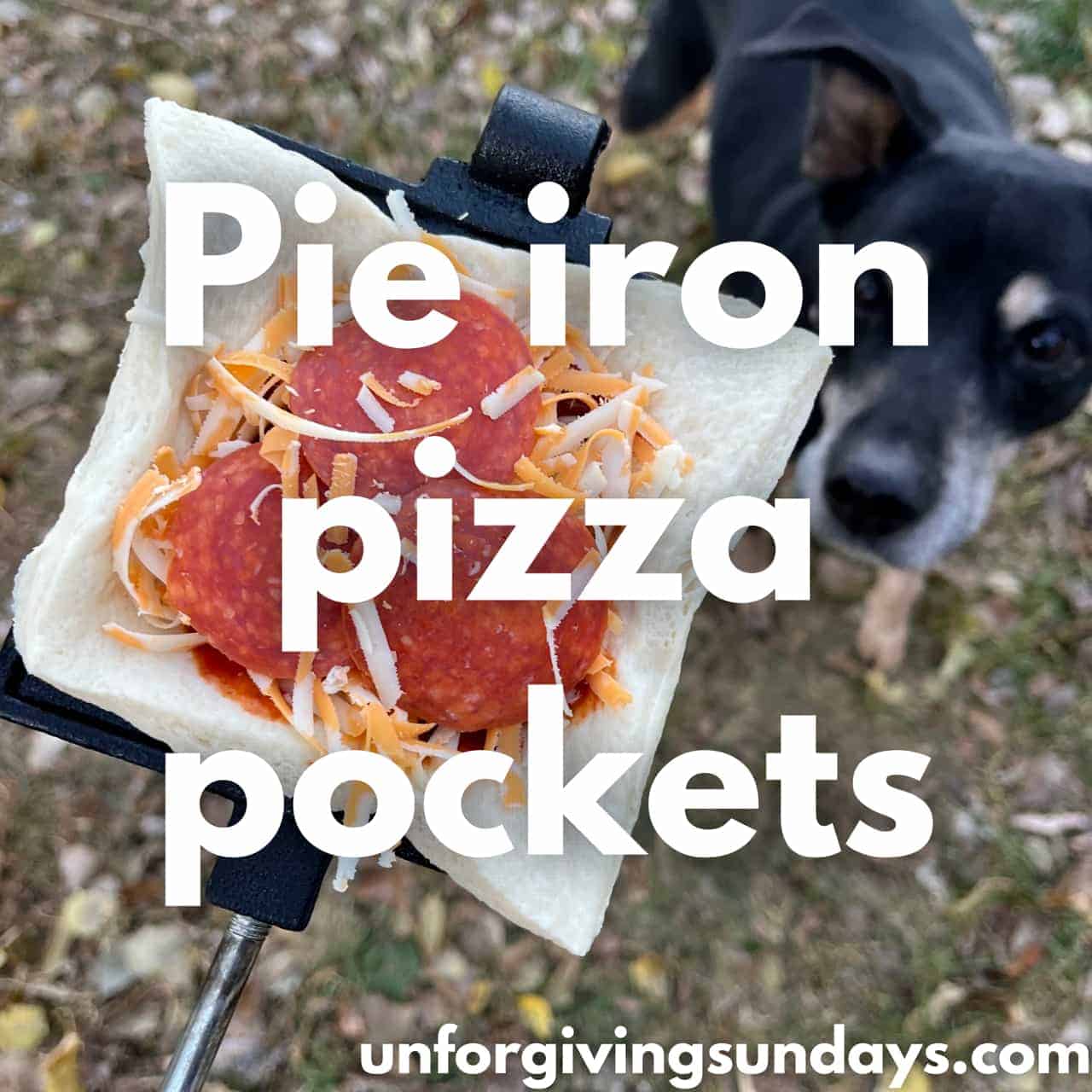There is nothing like a tasty meal around a campfire. However, unless you are planning to eat hot dogs the whole time, you’ll likely have to do some dishes. Here is my best advice for cleaning your camping cookware!

A quick note about biodegradable soap…
Biodegradable soap means that it can be broken down by nature — it doesn’t necessarily mean that it is safe. Biodegradable soap can be harmful to aquatic species. If you need to dump your wash water, dig a hole away from any water sources (200 ft. away!) and dump the water there. The microbes in the soil can break it down.
Some tips before you leave home
Prep as much as you can beforehand. The best way to reduce the number of dishes to clean is to cut down on the number of dishes you use. Greasy food dishes (looking at you, bacon!) and cooked-on residue can be hard to clean, so you’re steps ahead if you can prep that stuff beforehand.
Save the napkins from your takeout. Instead of throwing your unused napkins out, save them to use instead of dishcloths. There will be some dishes that require a cloth, but a lot of messes can be cleaned up with a napkin. This will save you from lugging around a bunch wet/dirty dishcloths (or at least, will minimize them). Plus, you give use to the napkins instead of them going straight to the landfill!
Purchase your camping cookware secondhand. This way, you won’t be as disappointed if something happens to your gear — especially if you plan to use it on an open fire.
Essential cleaning supplies
To clean your camping cookware, you’re going to need:
- Biodegradable soap
- Dishcloths (or napkins!)
- Scrubbing pads
- Wash bin or spray bottle
Cleaning your dishes in a wash bin
For a couple of dollars, you can pick up a collapsible wash bin at Walmart. A wash bin is the way to go if you plan to use a lot of dishes or if you are cooking something that is going to make your dishes particularly dirty.
Do your best to scrape as much crud off of your dishes as possible. Scrape it into a baggie to dispose of later. Fill your collapsible wash bin with water and a bit of biodegradable soap and wash away!
Never rinse your dishes in a natural water source. The water might not be as clean as it looks (hi there, giardia!) and we want to avoid getting soap into the water.
Once you are done, make sure to dispose of your grey water properly. Dig a hole that is 200 ft. away from camp (and water sources) and dump the grey water into the hole, straining the water to catch any pieces of food as it goes. Add the strained chunks to your baggie of dish crud. You want to dig your hole away from camp or you might wake up to some unwanted visitors checking out your campsite in the middle of the night.
Cleaning your dishes with a soap spray
My favorite method is using a spray bottle. Just spritz and wipe, and you’re done!
I used to use a vinegar mix to clean my camping cookware, which I put in a spray bottle from the Dollar Store. I hated it. It made everything smell like vinegar. If you don’t mind the smell, the vinegar mix works pretty well.
Nowadays, I keep a spray bottle with a soap mixture in my camping mess kit instead — this is exponentially better than the vinegar mix. Fill the spray bottle with water, add a few drops of a concentrated biodegradable soap like Dr. Bronner’s, and you are set. I scrape any leftover food crud into a baggie to throw out later, and then spray the dish a few times with the soap mix and wipe it off. I don’t even rinse the dishes afterwards.
When I get home, I take everything out of the kit, wash it in the sink, wash the bin, and then immediately repack everything so that nothing gets forgotten next time.
Cleaning stubborn messes
After a long hike, I like to come back to camp and have a bowl of Campbell’s soup. It is almost a tradition at this point. And if there is anything I have learned, it is that if you don’t clean the pot immediately, you’re in for some trouble.
Except sometimes my laziness gets the best of me. In this case, when I finally go to wash the pot, I will fill it with water and boil it on my camp stove. This will loosen up any of the stuck-on gunk.
Dealing with the leftover bits
The most important part of cleaning your camping cookware is how you deal with the waste afterwards. Leftover food remnants can attract animals.
You know what they say — a fed bear is a dead bear. Why? Once a bear gets a taste of your great cooking, it’ll come back for more. Unfortunately, a persistent bear who frequents campgrounds is going to attract conservation officers. Best case scenario, the animal is tranquilized and relocated. Worst case scenario, the animal is killed so that no one gets hurt.
This is why it is so important to strain your grey water and scrape as much of your leftovers into a baggie to pack out and dispose of later. Store the baggie the same way that you store your food: in a vehicle or hard-sided trailer, or suspended between two trees, at least 15 ft. off of the ground and 200 ft. away from camp. Don’t dump the food into the hole with your grey water because the bears can still smell it.
Now that you are prepared to clean your camping cookware, let me know in the comments what you’ll be cooking up on your next adventure!




Leave a Reply